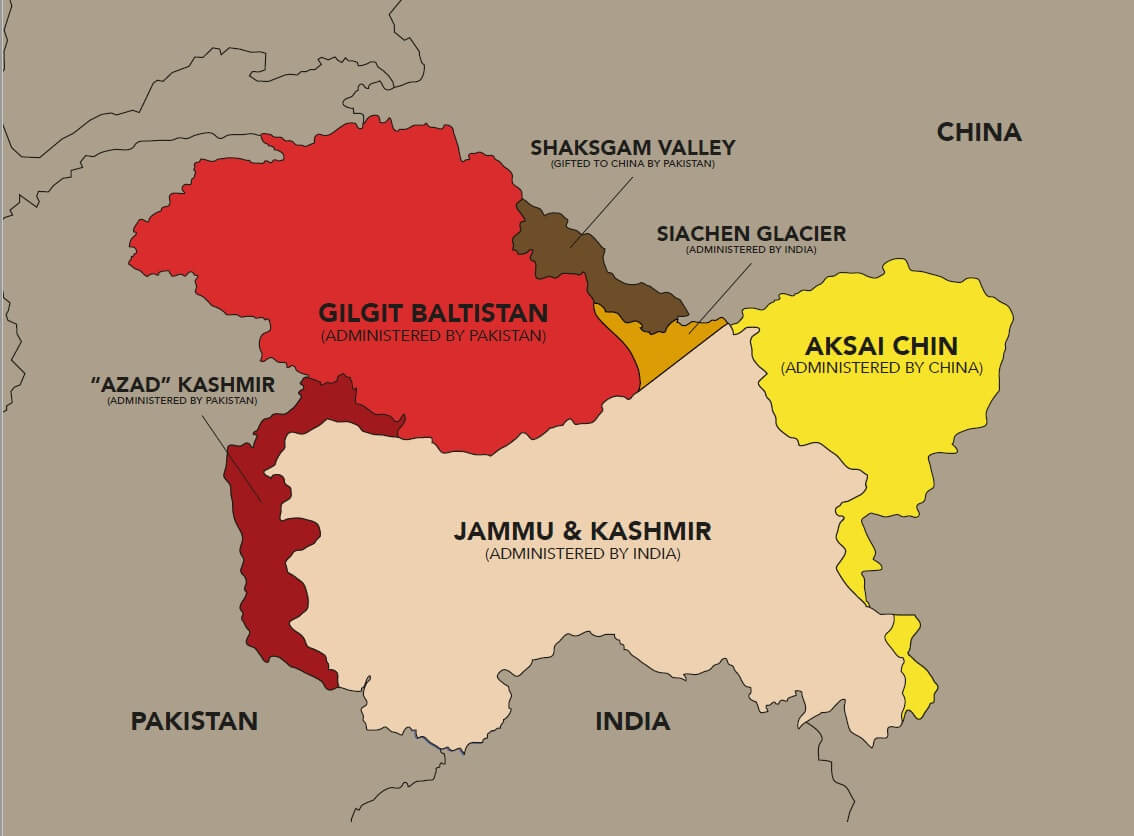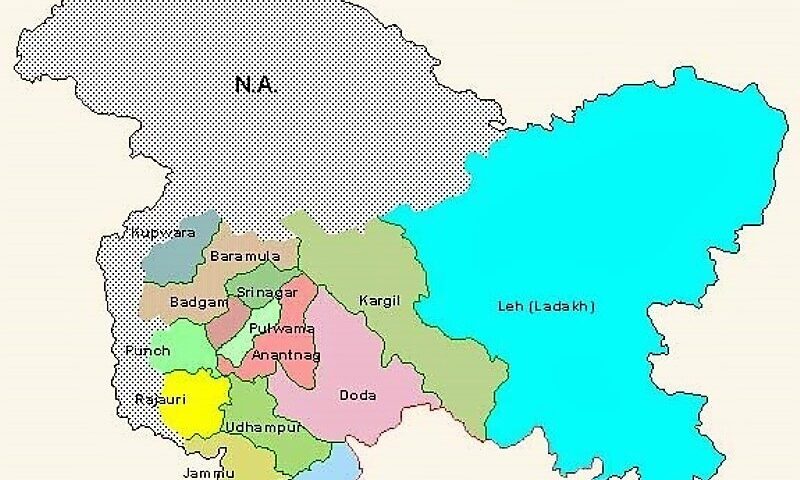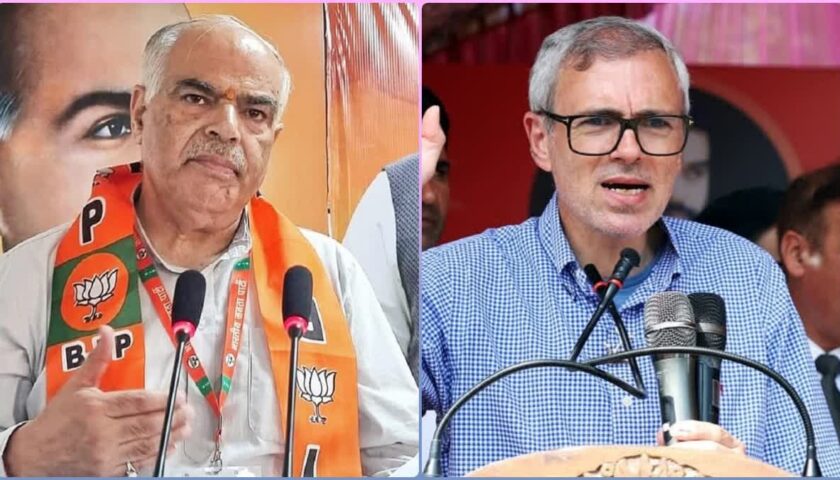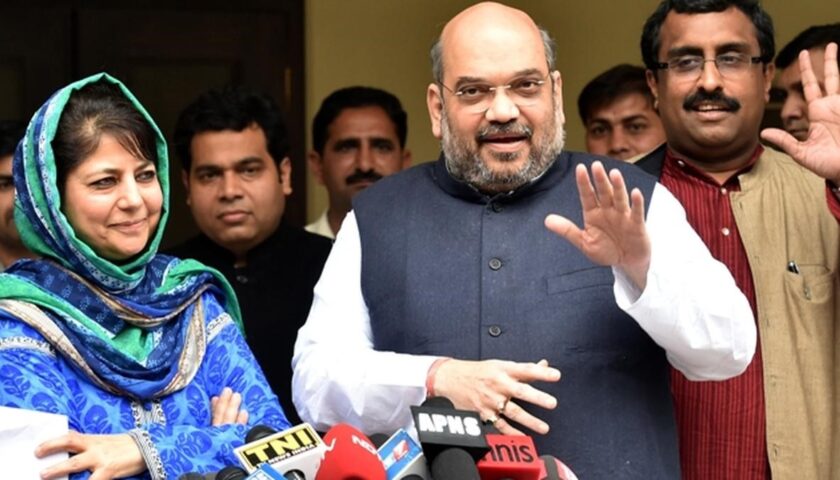Political Unity for a Sacred Cause: Time to Rise Above Lines and Labels
By: Javid Amin | Srinagar | 27 June 2025
In the emotionally scarred yet spiritually resilient valley of Kashmir, where every breath carries centuries of heritage and hardship, there’s an urgent whisper rising from the streets, hills, and hearts—unite. Not in the mechanical sense of alliances stitched together for votes, but in a soulful convergence for a sacred cause: Kashmir’s future, dignity, and identity.
The time has come to rise above political lines and labels. The people are tired—not just of conflict, but of confusion. Not just of policies, but of posturing. And in this fatigue lies a moment of moral clarity: if there ever was a time to put Kashmir above parties, this is it.
The Limits of Partisan Politics in a Land That Bleeds Unity
For decades, party politics in Kashmir has oscillated between promises of autonomy, pledges of development, and performances of protest. Leaders have come and gone. Some have ruled, some have resisted. Yet, the common Kashmiri still wrestles with displacement, disenfranchisement, and disillusionment.
The reason? Fragmentation. Every political outfit has carved its own niche—sometimes for representation, often for relevance. But as the constitutional status of Jammu & Kashmir was altered, and statehood was stripped, a deeper truth emerged: none of these parties, alone, could protect what was lost.
A Sacred Cause: Statehood, Identity, and Autonomy
This is not about nostalgia. It is about restoration.
The restoration of full statehood is not a privilege to be negotiated—it is a right to be reclaimed. The dignity of an elected legislature, the voice of a people in their own governance, the pride of a flag once fluttering alongside the national flag—these are not romantic notions; they are constitutional entitlements that were unilaterally revoked.
More critically, it is about identity—an identity so richly woven with language, culture, land, and legacy, yet so brutally misunderstood by mainstream political narratives. Autonomy, therefore, is not isolation; it is insulation—a necessary buffer to preserve a unique civilization within the Indian democratic framework.
Ideological Differences Aren’t the Problem—Ego Is
Political pluralism is healthy. Differences in ideology are natural. They reflect the diversity of thought within Kashmir’s own populace—ranging from secular nationalism to Islamic democracy, from economic reformism to cultural revivalism.
But ego masquerading as ideology is the problem. When personal rivalries, legacy battles, and petty power games become more important than shared suffering, shared aspirations, and shared threats, we all lose.
The cause is sacred. It demands sacrifice, not selfies; solidarity, not soundbites.
From Rhetoric to Responsibility: Time for Actionable Unity
The political landscape of Jammu & Kashmir today is brimming with statements, condemnations, and tweets. What it lacks is a unified platform.
Imagine the transformative impact if the region’s political leaders—from Mehbooba Mufti to Omar Abdullah, from Sajad Lone to Ghulam Nabi Azad, from Er. Rashid to Apni Party, and every voice in between—stood together, not just for an event, but for a cause.
-
A joint resolution demanding time-bound restoration of statehood
-
A common minimum program for all elections with non-negotiable clauses: dignity, safety, identity
-
A unified front in Delhi and international platforms explaining what Kashmir really wants—not division, but dignity
That would not only restore public faith, but also reshape national perception.
Lessons from History: When Unity Changed the Game
Kashmir’s history is full of periods when unity made the impossible possible:
-
The popular uprisings of the 1930s and 1940s, when people demanded rights and were heard.
-
The All-Party Hurriyat Conference—however later fragmented—was once a strong symbol of ideological convergence.
-
Even during the early years of militancy, community leaders, clerics, and parties attempted to protect civilians through informal truces.
The lesson is clear: Kashmir responds to unity. So does Delhi. So does the world.
Leadership Redefined: Not by Rallies, But by Vision
In an age where political popularity is measured by likes, shares, and trending hashtags, we must return to vision as the metric for leadership. Kashmir needs leaders who:
-
Listen more than they lecture
-
Negotiate without compromising core principles
-
Represent without becoming replicas of Delhi
-
Speak truth to power without losing the power to unite
We’ve had enough of performative politics. It’s time for purposeful leadership.
The World Is Watching. So Are the Children of Kashmir.
In the current global context—where minority rights, freedom of speech, and indigenous governance are being reasserted—the issue of Kashmir is no longer hidden. From human rights watchdogs to climate activists, Kashmir is again part of global consciousness.
This is not just a message to political leaders—it is a message to the people of Kashmir, especially the youth:
“If you want your voice to matter, you must first raise it above factional noise.”
Today’s students are tomorrow’s leaders. Let them grow up in a Kashmir where politics is not a battlefield of egos but a fountain of empowerment.
Charting the Road Ahead: A People’s Manifesto
Let us propose a People’s Manifesto for Political Unity in Kashmir:
-
Statehood Now: Full legislative, administrative, and land rights must be restored.
-
Reservation Review: Policies must be inclusive but not at the cost of merit. Dialogue, not dictation, is key.
-
Legal Protection for Culture and Language: Kashmiri, Dogri, Pahari, and all indigenous languages must be protected.
-
Economic Justice: Focus on job creation, land security, and local entrepreneurship.
-
Transparency in Governance: No bureaucratic bypassing of elected representatives.
-
Reconciliation Mechanisms: Commission on reconciliation, truth, and social healing.
-
Cross-Party Youth Forum: Platform for emerging leaders across ideologies to work on common causes.
Bottom-Line: Let This Be Our Sacred Legacy
There will be elections. There will be protests. There will be debates. But above all, there must be unity in the sacredness of the Kashmiri cause—a unity not of convenience, but of conviction.
Let’s not be remembered as the generation that divided and lost, but as the one that united and reclaimed.
The time to rise above party lines and petty politics is now. The sacred cause of Kashmir is greater than all of us. And only together, can we honor it.




